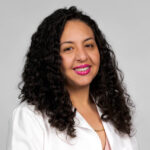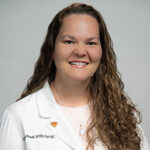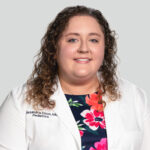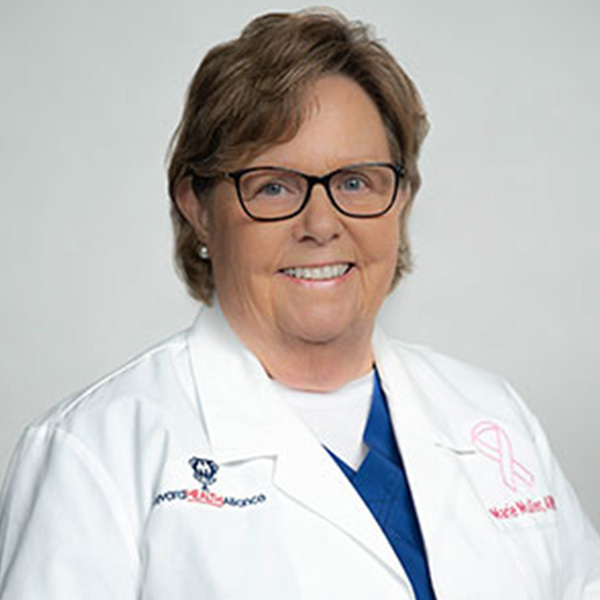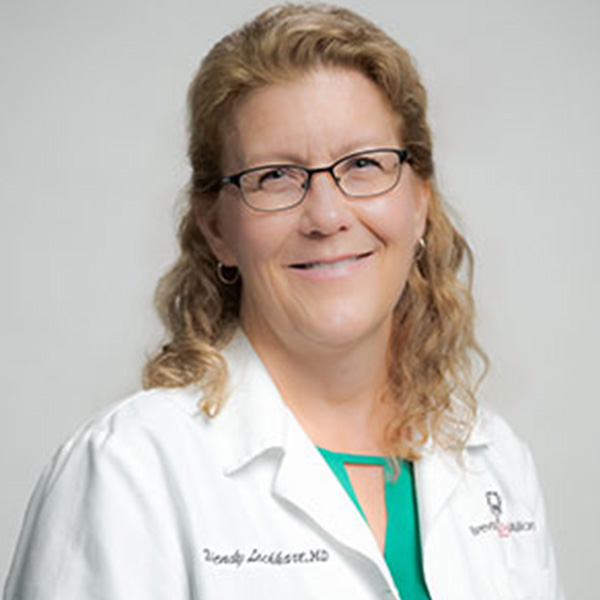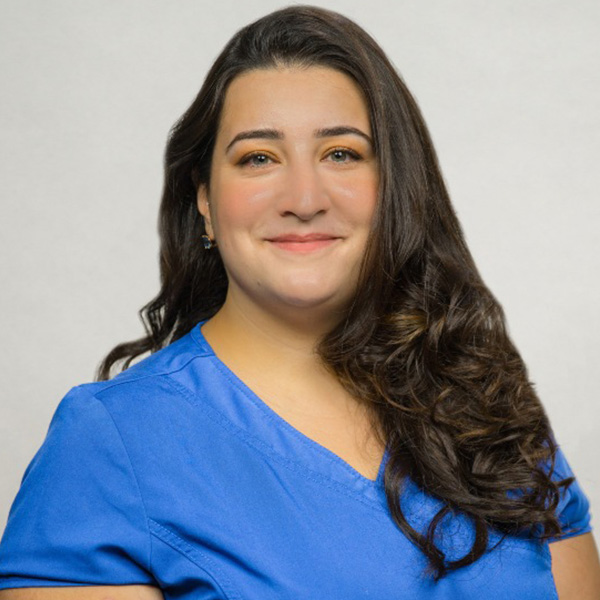Breastfeeding FAQ
As a mother, your child’s health is one of the most important things in the world. Though every mother has a different journey, one of the first decisions a new mother makes is how to feed her child. By choosing to breastfeed, you’re able to make the perfect food for your baby and give your child a healthy start to last a lifetime. Not only does breastfeeding make an investment in your baby’s future, your milk is able to protect your child and also benefit your health. August is National Breastfeeding Month and at Brevard Health Alliance, we’re looking to answer some of the most frequently asked questions about breastfeeding:
What Are the Health Benefits of Breastfeeding for My Baby?
Breast milk contain cells, hormones, and antibodies that protect babies from illness. Research has found that there are many benefits to breastfeeding for your child, including a lower risk of:
- Childhood obesity
- Ear infections
- Asthma
- Childhood leukemia
- Eczema
- Vomiting and diarrhea
- Lower respiratory infections
- Sudden infant death syndrome
- Type 2 diabetes
Does My Baby Need More Vitamin D?
Vitamin D is critical to building strong bones, but it’s mostly absorbed from the sun. Even though sunlight is a great source of vitamin D, it’s difficult to measure how much sunlight your baby is getting and the exposure can be harmful. Your doctor may recommend giving your baby a vitamin D supplement of 400 IU every day.
What Is Colostrum?
Colostrum is the first milk that a mother makes during pregnancy and just after birth. Many people refer to the first milk as liquid gold, and rightly so. It’s full of nutrients and antibodies that help protect your newborn from infections and give your baby’s digestive system the fuel it needs to grow and function. A few days after birth, your milk changes to have the perfect amount of fat, sugar, water, and protein to help your baby continue to grow.
What Are the Health Benefits of Breastfeeding for Mothers?
Following childbirth, breastfeeding helps a mother’s health and healing process and helps to lower the risk of diabetes, certain types of breast cancer, and ovarian cancer. Studies have also shown that breastfeeding can reduce the risk of postmenopausal osteoporosis, help with weight control, and aid post-delivery recovery.
How Does Breastfeeding Compare to Formula-Feeding?
For most babies, formula is more difficult to digest than breast milk and can be a hard adjustment for their stomachs. Breastfeeding also helps babies to feel more secure, warm, and comforted. The skin-to-skin contact boosts a mother’s oxytocin levels to help breast milk flow and calm the mother. Even though breastfeeding may seem like more work than formula-feeding, breastfeeding avoids buying, measuring, mixing, and sterilizing formula. Once you and your baby settle into a routine, it can make your life much easier – and save you the cost of formula.
Can Breastfeeding Help Me Lose Weight?
Not only does breastfeeding give your baby nourishment and keep them healthy, it could even help new mothers lose the baby weight! Many women who breastfeed say that it helped them return to their pre-pregnancy weight more quickly.
How Long Should I Breastfeed My Baby?
The American Academy of Pediatrics suggests breastfeeding for at least twelve months and the World Health Organization recommends breastfeeding for up to two years of age.
When Should a Baby Start Eating Solid Foods?
Breast milk alone is able to support the optimal growth and development of babies for about the first six months of their lives. For these young babies, water, juice, and other foods are unnecessary. Even as your baby starts to discover new tastes, solid foods should not replace breastfeeding. Throughout the first year, breast milk should be the infant’s main source of nutrients, but after one year and as the variety of solid foods increases, breast milk is still a great addition to your baby’s diet.
At Brevard Health Alliance, we’re dedicated to providing high quality and compassionate care to all of our patients. We provide primary care services in addition to pediatrics, women’s health exams, and more. If you’re interested in learning more about the importance of breastfeeding for your child, or have questions about the best ways to keep you and your child healthy, contact us today!



















